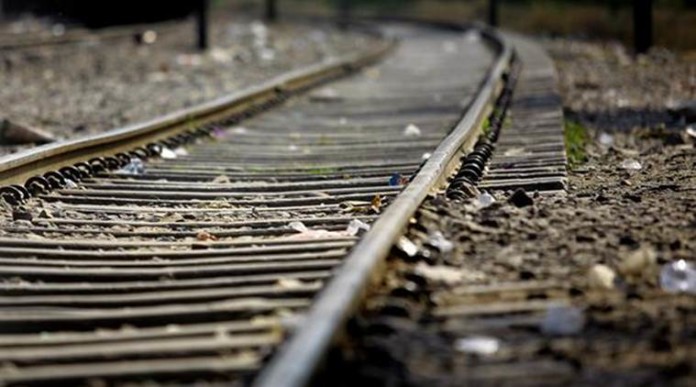
GLENCORE said it hoped a 30-day maintenance programme at Transnet Freight Rail (TFR) would ease the state-owned freight firm’s operational problems which saw the mining and metals group export lower coal than it planned.
But it warned Transnet’s problems “are real” in which there had been “a significant deterioration” in performance from the second half of last year that continued through to the first quarter of the group’s current financial year.
Transnet has been criticised by a number of mining companies, including Exxaro Resources and Kumba Iron Ore for low rail utilisation rates. Frustratingly, mineral and metal inventories have grown at South Africa’s ports at a time when prices for coal and iron ore have hit multi-year highs.
“We are not out of the woods yet,” said Murray Houston, CEO of Glencore’s South African coal operations in a media call following Glencore’s interim results presentation yesterday. “We have got a 30-day shutdown and we hope the initiatives will help in the second half.”
Glencore’s South African coal exports would have been higher but for TFR’s problems, said Gary Nagle, CEO of Glencore.
Transnet has said TFR’s network has fallen victim to acts of vandalism involving copper cable theft. The company is also investigating sabotage involving employees and contractors. TFR is Transnet’s largest division by revenue.
Regulatory risk
Nagle said he was “comforted” by Glencore’s efforts to beef up its checks and controls in respect of compliance.
“On the marketing business, regulatory risk remains an issue for us but where I get comfort is spending a lot of time working with our compliance team on our compliance and ethics programme,” Nagle said in response to questions on Thursday.
“We’ve really rolled that out extensively across the business, to all levels of the business. We have a very strong assurance programme, a very strong monitoring programme, a ‘raising concerns’ line … “.
His comments come as the market waits on the outcome of not less than five separate investigations – including ones by the US Department of Justice and the UK’s Serious Fraud Office – related to allegations of corruption in its marketing business.
Analysts have said previously that the risk of serious penalties was a drag on Glencore’s share price. Nagle declined to comment on the progress of the investigations. He said, however, the group had removed third parties from its oil trading activities.
“We have eliminated in the business intermediaries and agents. We are really strengthening the systems and controls processes around our marketing business and that is giving me a lot of comfort that the regulatory risk is strongly regulated and still able to provide significant returns to the business.
“We don’t have any intermediaries in our oil business; it doesn’t rely on agents, it doesn’t run intermediaries. It is a different business model than was used even five or ten years ago, and it is a business model that has proven to be very successful … without the use of intermediaries and agents. We don’t plan to use them again”.









